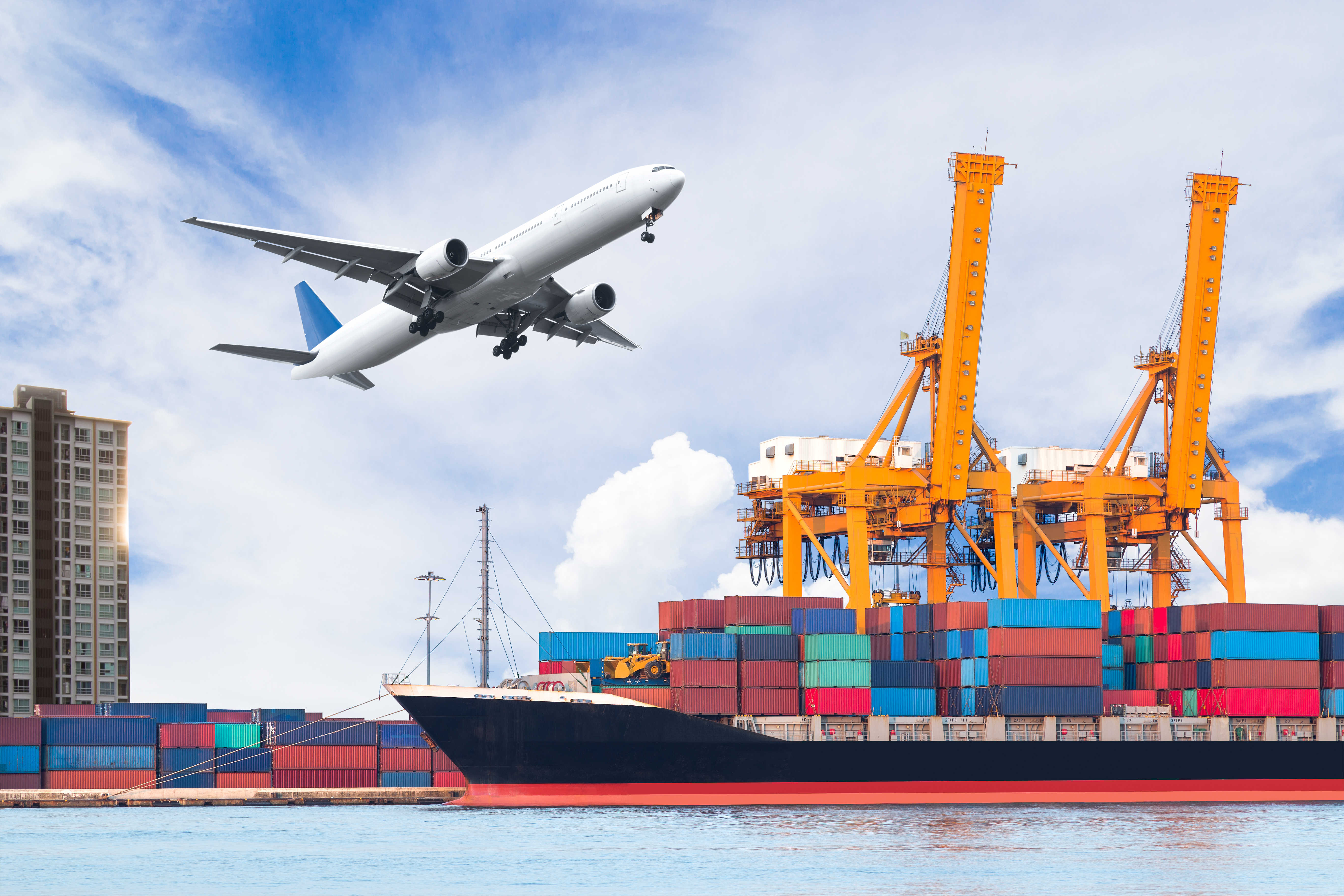The Jawaharlal Nehru Port Trust, a company responsible for shipping the majority of India’s containerized freight, is looking to regulate approval to increase taxes on shipping to help neutralize revenue deficits and finance expansion plans. The top port of India has announced that it has requested a tariff hike with the Tariff Authority for Major Ports for 16 percent in container-related charges and a 21 percent increase in vessel related fees. Cargo-related fees typically include stevedoring, wharfage, and demurrage, while marine-related fees commonly include berth hire and pilot charges.
In addition to these hikes, a 16 percent hike in service rate and 5 percent increase for bulk cargo and liquid cargo are due to go into effect shortly. The previous tariff scale for the Jawaharlal Nehru Post Trust expired back in March, but they were allowed to continue providing their old tariff rates based on a ruling made by the Tariff Authority for Major Ports. Despite resistance from opposing groups like the Mumbai-Nhava Sheva Ship Agents’ Association, the port was still able to secure a 40 percent increase in cargo-related fees and a 12 percent gain in marine dues during its last tariff reform. This leads Indian shipping companies to believe that the JNPT will not have any problem in seeking yet another tariff hike.
Due to a lack of federal funding and personal funds from companies, there have been a great number of delays in allowing the connectivity and capacity projects to begin taking place at major ports. In order to address these issues, the pro-union government of India has allowed major port authorities the ability to raise funds from outside sources such as bank borrowing.
Deals have been signed to increase Indian port productivity
Since that policy change, the JNPT was able to sign a deal with the State Bank of India as well as the Development Bank of Singapore to receive $400 million in funding to supplement a highway project that would help to increase the productivity of India’s biggest port. Another major project that is essential to the continued growth of the JNPT is an expansion of the dredging works by 15 meters, which will give them the ability to better handle mega-ships. Such projects have already begun to take effect and enhance these port’s efficiency. One of these projects is that of a “holding truck yard” that allows trucks with undocumented factory export containers to get off the road and therefore prevents them from creating massive traffic jams, which will inevitably create delays in shipping.
Across India’s 12 major ports, the JNPT handles nearly 60 percent of the containers passing through the country. With as much bulk coming into these major ports of India, the additional tariff percentages will help them to better finance projects that can increase importing and exporting productivity. These projects, which aren’t necessarily cheap, will make the tariff hikes at the JPNT worth wild and allow all participants in the shipping world to benefit from their productivity in one of the world’s largest shipping markets.




